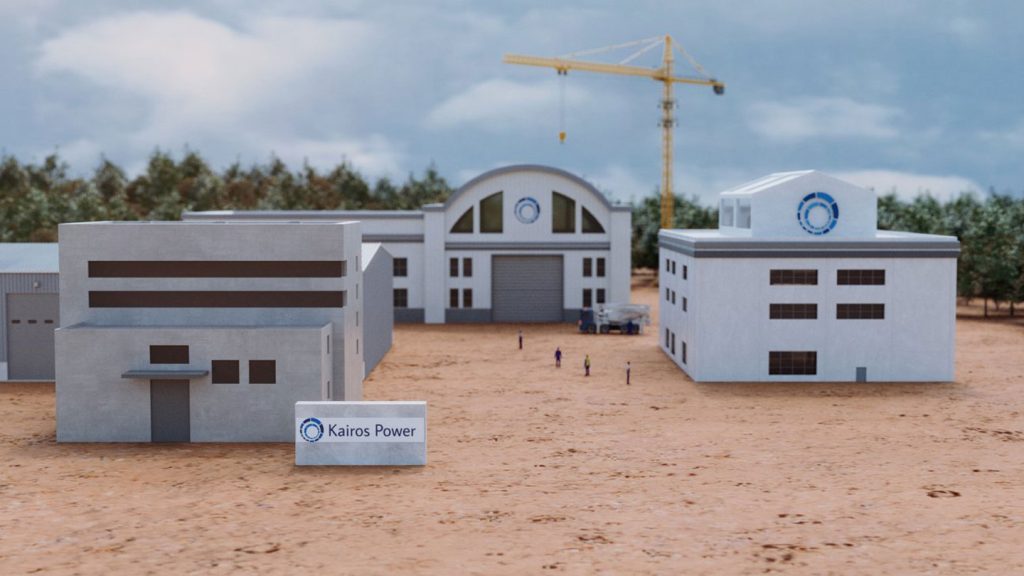Tech companies like Google and Amazon are showing increased interest in small modular reactors to meet the energy demands of artificial intelligence. These reactors produce less power than traditional reactors and offer different fuel and coolant options along with additional safety features. The push for small modular reactors is driven by the need for clean energy that won’t contribute to climate change, leading to the emergence of various companies with proposed designs for these reactors.
Commercial reactors in the United States typically produce around a billion watts of electrical power, while small modular reactors would produce less than a third of that. The high upfront investment required for traditional nuclear plants has hindered the construction of new reactors in the United States. By turning to smaller reactors, companies and policymakers aim to enable the proliferation of nuclear power as a reliable energy source that is free from greenhouse gas emissions. The smaller reactors have simpler safety systems and can be engineered offsite, making them more cost-effective.
The interest in small modular reactors is fueled by their potential as a clean energy source that both Democrats and Republicans in the United States support. Tech companies like Google and Amazon are looking to utilize these reactors to meet the energy demands of artificial intelligence. The U.S. government has also been funding the development of small modular reactors, further driving interest in this technology. Traditional nuclear plants still play a role, with companies like Microsoft announcing deals to restart decommissioned plants.
Small modular reactors differ from current reactors by using high-assay low-enriched uranium (HALEU) for more efficient fuel use. Some designs also incorporate advanced safety features that do not require human intervention to shut down the reactor safely in emergencies. Different coolants are used in various designs, such as liquid sodium, molten fluoride salt, and helium gas. These choices impact heat transfer efficiency and safety within the reactor.
Previous attempts at small modular reactors have faced challenges, including the cancellation of a commercial project in Idaho in 2023 due to cost overruns. However, the involvement of tech giants like Google and Amazon has boosted hopes for the successful development and deployment of small modular reactors. With the momentum building and increased support for nuclear energy, proponents believe that small modular reactors will soon become a reality, providing a clean and reliable energy source for various applications.


